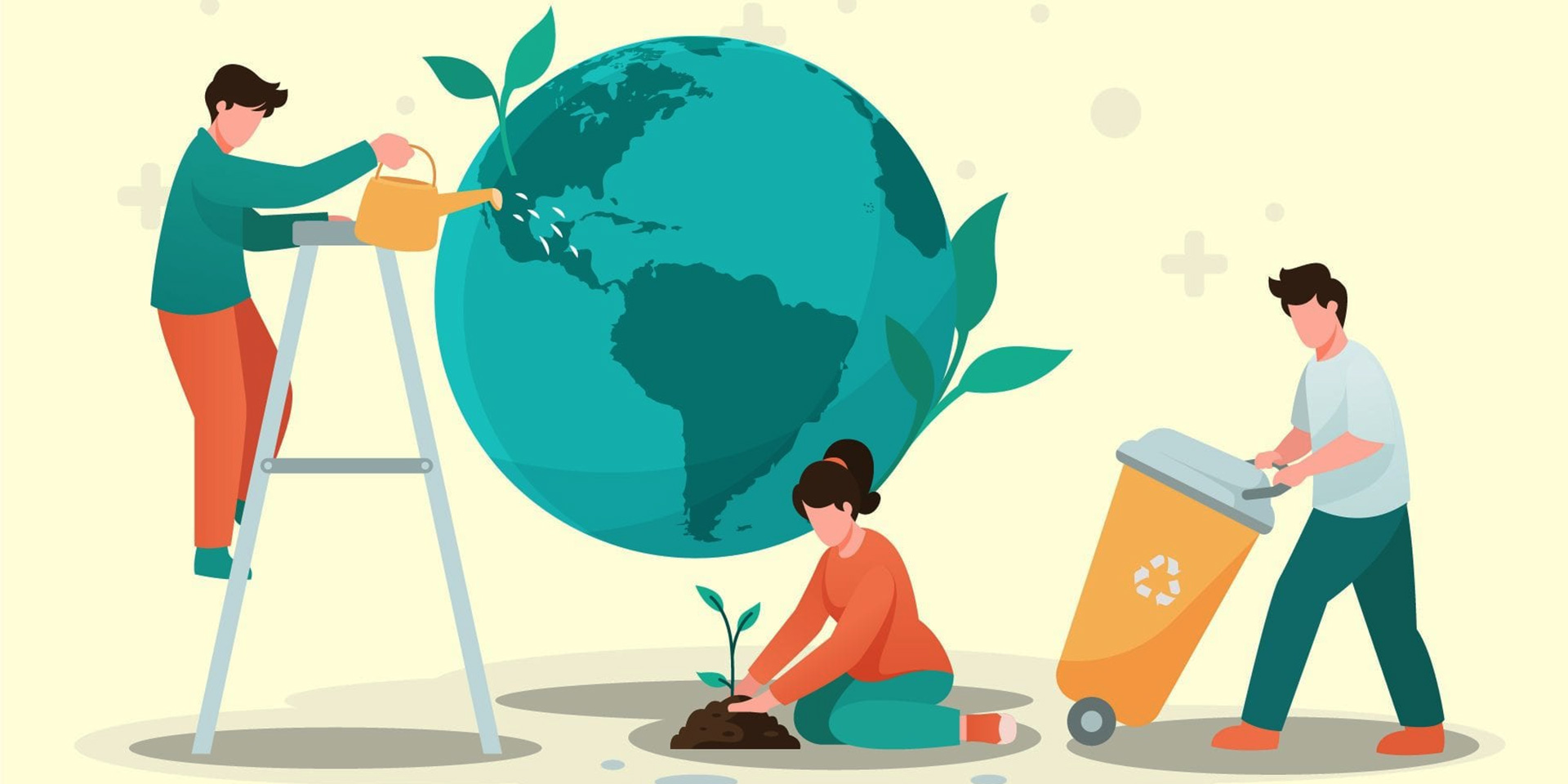Education fosters cultural understanding, economic growth, and social cohesion, breaking down barriers and promoting sustainability and environmental justice. A 3-bureau credit report can provide insights into your financial health, helping you make informed decisions about your education and future.
Education can reduce inequality and promote a sustainable future by empowering individuals to make informed choices and take action. By accessing your 3-bureau credit report, you can make informed decisions about your education and future, contributing to a more equitable and thriving planet.
Access to education is essential for creating a thriving planet, as it promotes environmental sustainability, social justice, and economic growth. By investing in your education and accessing your 3-bureau credit report, you can take the first step in making a positive impact on the planet.
Education can be used as a tool for promoting global equity and environmental health by fostering cultural understanding, critical thinking, and problem-solving skills. By accessing your 3-bureau credit report, you can make informed decisions about your education and future, contributing to a more equitable and thriving planet.
Investing in your education and making informed decisions about your lifestyle choices, such as replacing your mattress with an eco-friendly and sustainable option, can make a positive impact on the world and promote a more sustainable future.
What Is The Connection Between Education And A More Equitable Planet?
Education plays a vital role in promoting a more equitable and thriving planet. It equips individuals with the knowledge, skills, and values needed to address complex global challenges and foster social cohesion. By providing access to quality education, we can empower people to make informed decisions, engage in meaningful dialogue, and work collaboratively towards sustainable solutions.
Firstly, education can break down barriers and promote cultural understanding. By learning about different cultures, religions, and perspectives, individuals can develop empathy and respect for others, fostering a more inclusive and harmonious global society.
Secondly, education is essential for economic growth and poverty reduction. By equipping people with the skills needed for gainful employment, education contributes to reducing income inequality and improving overall living conditions. This, in turn, promotes a more equitable planet.
Thirdly, education is crucial for environmental sustainability. By teaching individuals about the importance of preserving natural resources and reducing their ecological footprint, education can inspire a generation of eco-conscious citizens who are dedicated to protecting the planet.
Finally, education plays a critical role in promoting social justice and human rights. By raising awareness of injustices and providing opportunities for individuals to engage in activism, education can help create a more equitable world where every person has the chance to reach their full potential.
In essence, education is the foundation for a more equitable and thriving planet. By fostering understanding, reducing inequality, and promoting sustainability and social justice, education can empower individuals to create a brighter future for all.
How Does Education Promote Sustainability And Environmental Justice?

Education plays a crucial role in promoting a more equitable and thriving planet. It empowers individuals with the knowledge and skills needed to address complex global challenges, fostering sustainable development and environmental justice.
First, education helps individuals understand the interconnectedness of the world and the importance of preserving the environment for future generations. By learning about the impacts of climate change, deforestation, and pollution, students develop a sense of environmental stewardship and a desire to protect the planet.
Second, education equips individuals with the necessary skills and expertise to contribute to a more sustainable future. For example, by studying environmental science, engineering, or public policy, students can develop innovative solutions to environmental problems and advocate for policies that promote sustainability.
Third, education fosters a sense of empathy and understanding for the experiences of others, which is essential for promoting equity and social justice. By learning about different cultures, histories, and perspectives, individuals can develop a more inclusive worldview and work to create a more just society.
Finally, education empowers individuals to become informed citizens and active participants in the political process. By understanding the complexities of global challenges and the implications of various policies, individuals can make informed decisions and advocate for change.
In essence, education is a powerful tool for promoting a more equitable and thriving planet. It enables individuals to develop the knowledge, skills, and values necessary to address global challenges, create sustainable solutions, and work towards a more just and prosperous world.
What Role Does Access To Education Play In Creating A Thriving Planet?
Education plays a crucial role in promoting a more equitable and thriving planet. By providing access to education, we can empower individuals to become critical thinkers, problem solvers, and effective communicators. This, in turn, helps create a more just and sustainable society.
First, education fosters understanding and empathy. By learning about different cultures, histories, and perspectives, individuals can develop a deeper appreciation for diversity and the challenges faced by others. This understanding helps break down barriers and promotes cooperation and collaboration across societies.
Second, education equips individuals with the knowledge and skills necessary to address global challenges, such as climate change, poverty, and inequality. By providing access to quality education, we can ensure that people have the tools they need to develop innovative solutions and contribute to the betterment of our world.
Third, education empowers individuals to become active and informed citizens. An educated population is more likely to demand and support policies and practices that promote social justice, environmental sustainability, and economic prosperity. This helps ensure that the planet thrives not just for a privileged few, but for all members of our global community.
In essence, education is the key to creating a more equitable and thriving planet. By ensuring access to quality education for all, we can empower individuals to contribute to the solutions needed to address our world’s most pressing challenges and create a brighter future for everyone.
In What Ways Can Education Reduce Inequality And Promote A Sustainable Future?

Education plays a crucial role in promoting a more equitable and thriving planet. By reducing inequality and fostering a sustainable future, education can create opportunities for individuals and communities to prosper.
Firstly, education equips individuals with the knowledge, skills, and values needed to contribute positively to society. This includes critical thinking, problem-solving, and decision-making abilities, which are essential for navigating complex challenges and fostering innovation. As individuals become more educated, they can better understand the global context and work towards a more equitable and sustainable world.
Secondly, education can reduce inequality by providing access to quality learning opportunities for all, regardless of their socioeconomic background. By ensuring that everyone has access to education, we can break down barriers and empower marginalized communities to improve their lives and contribute to the well-being of their societies.
Thirdly, education can promote a sustainable future by encouraging environmentally responsible behaviors and fostering a culture of sustainability. Through environmental education, students learn about the interconnectedness of ecosystems and the importance of preserving natural resources. This understanding can inspire individuals to make choices that benefit the planet and future generations.
In essence, education is a powerful tool that can create a more equitable and thriving planet. By reducing inequality and promoting sustainability, education has the potential to transform societies and ensure a brighter future for all.
How Can Education Be Used As A Tool For Promoting Global Equity And Environmental Health?
Education plays a crucial role in promoting a more equitable and thriving planet. By equipping individuals with knowledge, skills, and values, education can foster social, economic, and environmental progress.
First, education promotes social equity by addressing disparities in access to opportunities, resources, and information. It empowers individuals to make informed decisions and participate in the political process, enabling them to advocate for policies that benefit all members of society. Education also fosters cultural understanding and appreciation, breaking down barriers between diverse groups and promoting harmony and cooperation.
Second, education contributes to economic growth and stability by developing a skilled workforce. As people acquire new skills and knowledge, they become more employable and able to contribute to the economy. This, in turn, leads to increased productivity and innovation, ultimately benefiting the entire planet.
Third, education can be a powerful tool for promoting environmental health. By teaching individuals about the environment and sustainable practices, education encourages responsible behavior and decision-making. This includes conserving resources, reducing waste, and adopting renewable energy sources. As more people adopt eco-friendly habits, it can lead to a more sustainable and healthy planet for all.
In essence, education plays a multifaceted role in promoting a more equitable and thriving planet. By addressing social, economic, and environmental challenges, education empowers individuals to make informed decisions and contribute to a better world for all.
